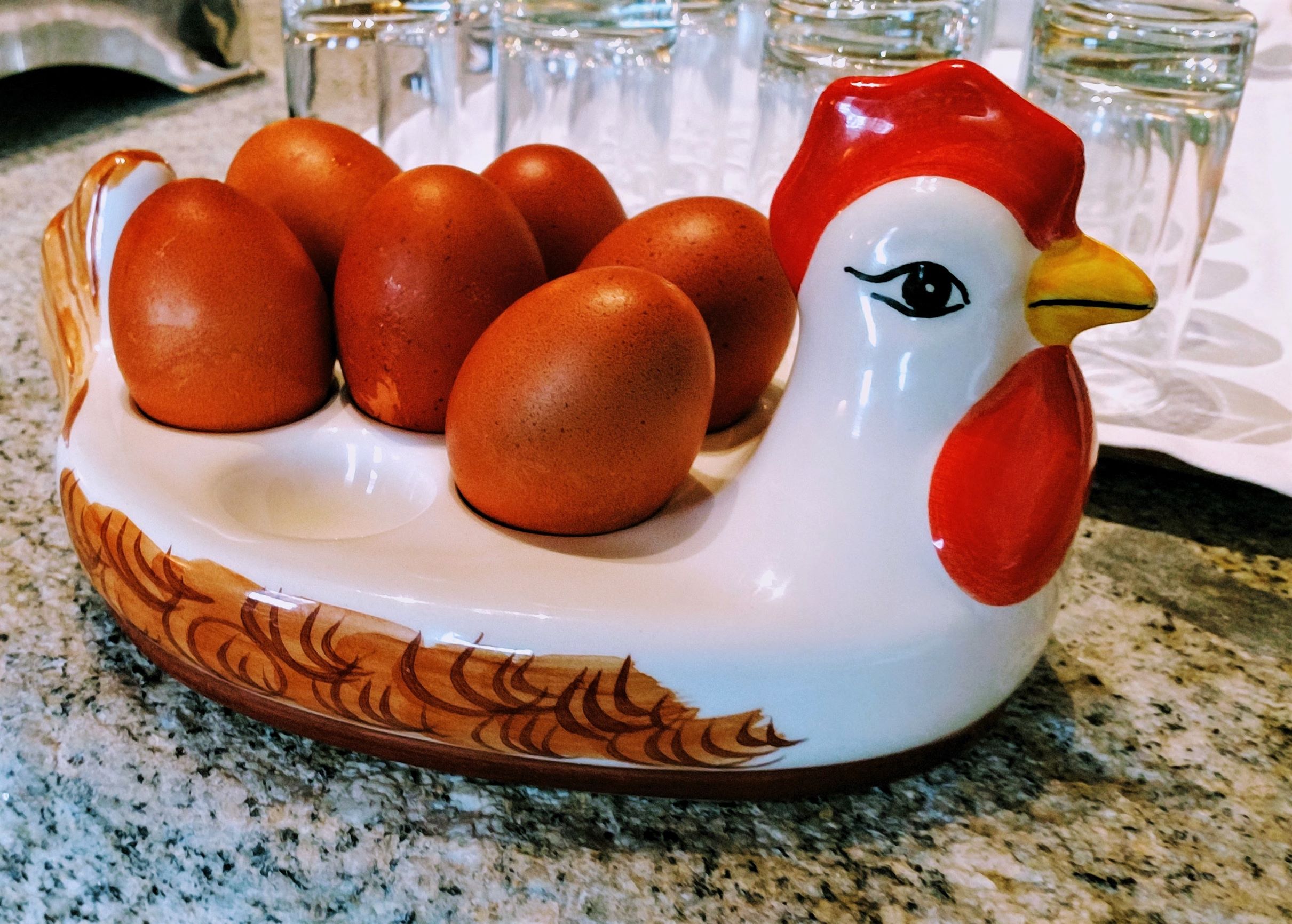Happy new year! Happy holidays. Happy birthday. Hello, honey, have I got the hots for you! The H words in English are among the most cheerful and affectionate. We go on honeymoons, drool over heart-throbs and fall head-over-heels in love.
Happiness is infectious. Is it any wonder that Pharrell Williams’ song Happy shot to number one on the music charts in many countries in 2013-14? Its heady, happy-go-lucky exuberance – “Clap along if you feel like happiness is the truth(Because I’m happy)” – had people hopping and bopping.
It was a different H mood in 1998, though, when a song by Mouse T gained popularity worldwide. It went: “I’m horny/Horny, horny, horny/So horny/I’m horny, horny, horny tonight.” Horrified parents had an awkward time explaining the meaning of the horny lyrics to their young children.
Holy-moly and hocus-pocus
In English, the ‘h‘ sound is often breathy (think heaving, huffing and hyperventilating). It’s good for conveying laughter and cheer … Ha-ha-ha! Ho, ho, ho! Hurrah! Hip hip hooray! … and handy for exclamations: Help! Howzat! Harrumph! Holy-moly! Holy mackerel! Bah humbug! Holy shit! Before WTF! became common, people said WTH! (What the heck!)
Some H words ooze religious fervour. Hark! the herald angels sing. Hallowed by thy name. Hail! (as in Hail, Mary, not the hail that pounds cars and windscreens). Hallelujah! The ultimate religious H words, though, are heaven and hell. Heathens, though, would argue that religion is just hocus-pocus, hearsay, hogwash, hallucination or hysteria, and that we’re being hoodwinked by religious zealots.
Coming down to Earth, though, there’s no place like home sweet home (even though mine is very higgledy-piggledy).
Who do you hobnob with?
The H words can be hoity-toity. High-and-mighty religious leaders like to be addressed as His Holiness (Her Holinesses are rare in religious hierarchies); members of parliament prefix themselves with the Honourable, regal types are ‘Your Highness’. and judges and similar are Your Honours. How highfalutin!
What are H people like? Consider your H friends and acquaintances: the Henrys and Harrys, Henriettas and Hannahs, Hunters and Haydens, Hazels and Heidis…. Are they humane, honourable, hilarious, honest, hygienic, hortative, handsome, hale and hearty? Let’s hope so. But if they’re humourless, horrible, hideous, hostile, hectoring, hypocritical and always causing a hullabaloo then it’s time to drop your ‘aitches’.
The H words in my five Romances
Let’s see what personalities the H words have in my five romance languages. Here’s a selection from the pages of my heavy, helpful, hand-picked dictionaries.
Portuguese
Probably the best known H word in Portuguese is … Havaianas, which means ‘Hawaiians‘ in Portuguese. How Brazil came to make the world’s best known brand of flip-flop/slip-slop shoe and why they chose that name is nicely explained here. Pictured above are my well-heeled Havaianas, chosen because the colour pattern reminded me of the cover of Orchestral Manoeuvres in the Dark’s album Dazzle Ships. When I wear them I like to think I’ve got Dazzle Feet.
Let’s look for something more linguistically useful. According to my Portuguese Frequency Dictionary*, the most common H word in the language, and the 29th most common word overall, is haver. Its use is complicated: you could translate it as to be or to have but is used mainly in the há form, denoting existence in the way that there is or there are do in English or il y a does in French. For example, Há altos e baixos na vida – there are ups and downs in life. More explanation here.
A Portuguese word whose meaning is difficult for English speakers to guess at is hábil – you’d think it would be related to habilitation or something similar. But no, it means, skilful, clever, adroit, etc. The related noun is habilidade – meaning aptitude, intelligence, dexterity etc and even cunning or wit. Hábil em is skilful at or skilful in.
French
I liked:
- hoqueter, which means to hiccup or hiccough. Avoir le hoquet = to have the hiccups.
- haricots, meaning beans, not so much because it’s a favourite food, but because of the idioms associated with it, such as: C’est la fin des haricots! We’ve had it! (literally, it’s the end/last of the beans); and Il me court sur le haricot – He gets on my nerves, he bugs me, etc. (literally, he runs on my toe – haricot is slang for toe).
Spanish
I’d hazard a guess that the best-known H word worldwide in Spanish is hasta, thanks to the line “Hasta la vista, baby” in Terminator 2, and songs such as ABBA’s Hasta Mañana. Hasta‘s meanings include until, till, up to, as far as, as many as. Hasta la vista! means See you! So long! Cheerio! See you later etc. Vista means sight, vision, appearance, aspect, panoramic view and so on; hasta la vista in the literal sense is thus ‘until the (next) view‘
Romanian
Italian
Most of the H words in Italian are borrowed from other languages, among them hamburger, and heavy metal. So let’s move on in haste.
The J words will be up next. Hasta la vista, babies! M5R
* Published by Routledge in 2008. Happy photo at top: Pete Linforth/Pixabay. Haber nu am pic: Robin Higgins/Pixabay. Home illustration: DavidRockDesign/Pixabay




